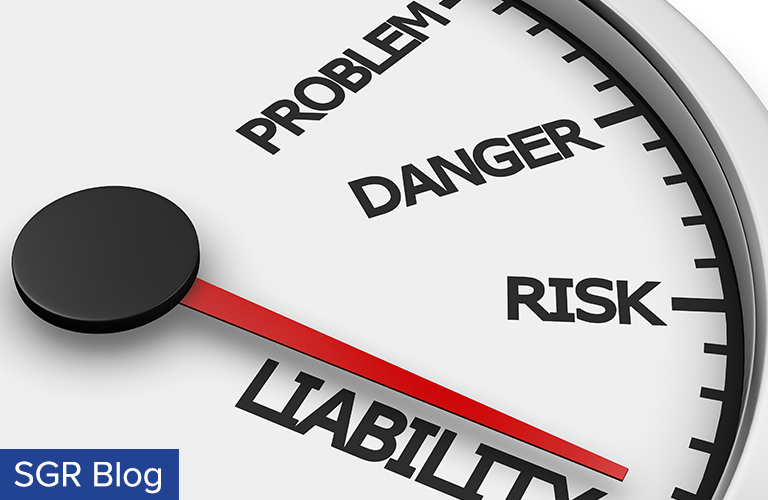
Companies should be aware that even when they have a written contract that spells out the parties’ responsibilities, e.g., pay rent monthly, they need to monitor compliance with those responsibilities. Failure to do so – sloppy follow-up – can result in a “quasi-new agreement.” The Georgia Court of Appeals’ recent decision in The Hatchett Firm, P.C. v. Atlanta Life Financial Group, Inc., 358 Ga. App. 607 (2021), vividly illustrates this point. In that case, a sublessee paid partial rent payments for ten months and no rent for 6 months. The sublessor sued the subtenant for the unpaid past due rent… Read more







